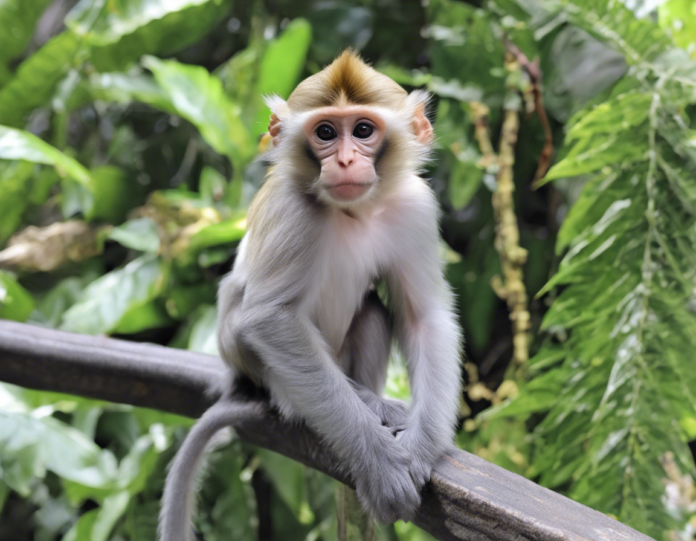Have you ever come across an ad or website claiming to sell a monkey online for $100? The idea of owning a pet monkey might seem intriguing to some, but there are various legal, ethical, and practical considerations to take into account before making such a decision.
The Legal Landscape of Buying Monkeys
United States Laws
In the United States, the legality of owning a monkey as a pet varies from state to state. Some states prohibit the ownership of certain species of monkeys, while others may require a permit or license. It is crucial to research and understand the laws and regulations in your specific state regarding the ownership of monkeys before making a purchase.
International Laws
If you are considering buying a monkey from an international seller, it is essential to be aware of international laws and regulations governing the import and export of wildlife. CITES (the Convention on International Trade in Endangered Species of Wild Fauna and Flora) is an international agreement aimed at ensuring that international trade in wild animals and plants does not threaten their survival. Certain species of monkeys may be protected under CITES, and their trade may be restricted or prohibited.
Ethical Considerations
Cloning and Trafficking
The online sale of monkeys at incredibly low prices, such as $100, raises concerns about the ethical implications of such transactions. There have been instances of cloning and trafficking of monkeys for illegal trade and exploitation. Purchasing a monkey without verifying its source can contribute to these unethical practices.
Animal Welfare
Monkeys are wild animals that require specific care, environment, and socialization to thrive. Keeping a monkey as a pet may not align with their natural behavior and could lead to physical and psychological issues for the animal. It is essential to consider the ethical implications of owning a monkey and ensure that you can provide for its welfare adequately.
Practical Considerations
Health and Safety
Monkeys can carry zoonotic diseases that can be transmitted to humans. Proper health screening and quarantine measures are necessary when bringing a monkey into your home. Additionally, monkeys can exhibit unpredictable behaviors that may pose risks to the safety of family members and other pets.
Long-term Commitment
Monkeys have long lifespans and require significant time, effort, and resources to care for properly. Before buying a monkey, consider whether you are prepared for the long-term commitment and responsibility that comes with owning a primate.
Frequently Asked Questions (FAQs)
1. Is it legal to own a monkey as a pet?
The legality of owning a monkey as a pet varies by state and country. Research and understand the laws and regulations in your area before considering a purchase.
2. Are there specific permits required to own a monkey?
Some states and countries may require permits or licenses to own certain species of monkeys. Be sure to comply with all legal requirements.
3. What are the ethical concerns associated with buying a monkey online?
The online sale of monkeys at low prices may contribute to cloning, trafficking, and exploitation of these animals. It is essential to consider the ethical implications of purchasing a monkey.
4. What kind of care do pet monkeys require?
Pet monkeys require specialized care, environment, and socialization to ensure their health and well-being. Proper research and preparation are crucial before bringing a monkey into your home.
5. What are the risks associated with owning a pet monkey?
Monkeys can carry diseases that are transmissible to humans and may exhibit unpredictable behaviors. Safety measures and precautions must be taken when owning a pet monkey.
In conclusion, while the idea of buying a monkey online for $100 may seem appealing, it is crucial to consider the legal, ethical, and practical aspects of owning a monkey as a pet. Researching the laws, understanding the ethical implications, and evaluating your ability to provide proper care are essential steps before making such a significant decision. Be sure to consult with experts in primate care and welfare to ensure the well-being of both the monkey and your household.

